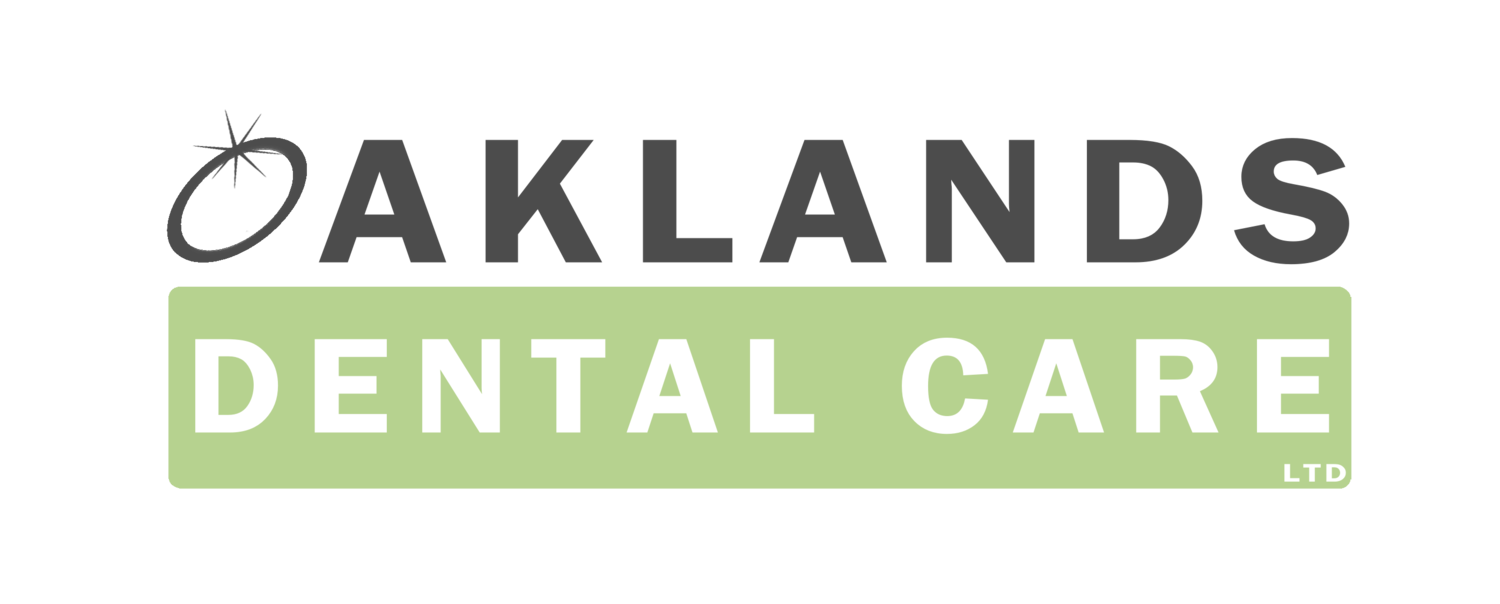The Truth Behind the Sweet Tooth
Brushing your teeth is only the start. Sugary drinks and treats play a huge part in the deterioration of oral health. The involvement of sugar in the diet and the effect on your teeth has been highlighted by athletes having higher than average rates of tooth decay due to the increased use of high-sugar energy drinks!
How does sugar cause cavities?
Sugar left on and between your teeth feed the bacteria in your mouth, in turn causing the production of acid which, if left on your teeth, will dissolve the tooth tissue.
Flossing, drinking water, eating cleansing foods (such as cheese), and the action of your own saliva will generally neutralise these acids and lead to remineralisation of your tooth - but only if enough time is left between consumption of sugar for this to take place - usually 30 minutes!
Is fruit bad for your teeth?
The sugar in fruit, Fructose, is not as cariogenic (caries-causing) as the Sucrose present in sweets, chocolate, fizzy drinks, as it is more difficult for the body to break down and therefore not as readily available for the bacteria in your mouth as sucrose is.
Eating fruit whole is much better than drinking smoothies (even if done without added sugars) as the blending process releases the fructose and concentrates them, negating its benefit over sucrose.
What can I do to reduce the damage of sugar on my and my children’s teeth?
Reduce the frequency of your sugar consumption, removing snacks from your diet and keeping sugary treats and drinks for mealtimes
Swap sugary foods for tooth-friendly alternatives: cheese, carrots, celery, apples - even sugar-free boiled sweets and sugar-free chewing gum will encourage saliva production, neutralising acids in your mouth!
Make sure you attend your regular dental appointments as untreated cavities will lead to exponential decay due to the cavity itself creating the perfect hiding spot for food, allowing bacteria to flourish.
Brush your teeth for 2 minutes, twice a day and be sure to floss at least once daily. Do not have anything else to eat before bed so as to allow the fluoride in your toothpaste sufficient time to soak into your teeth. Saliva levels also tend to be reduced and so any food remaining on your teeth at night will not be easily cleansed whilst you sleep.
